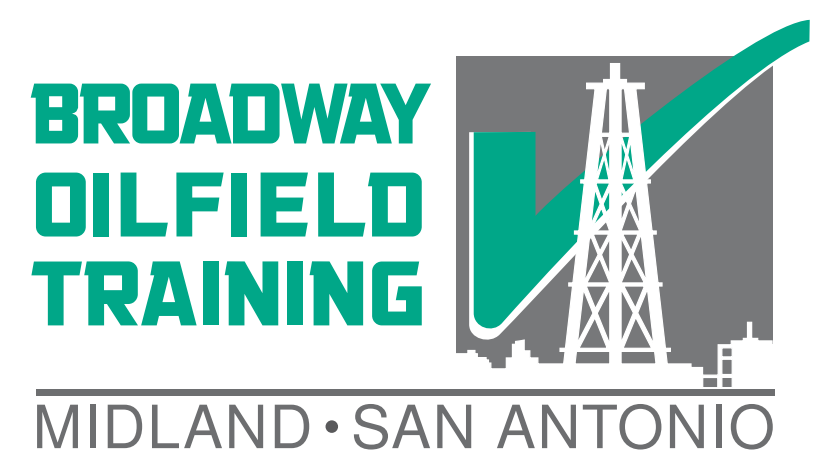What kind of fit test do I need in Midland?
Half face Fit Test
Half face respirators are widely used in the oilfields in and around Midland Texas. The half facepiece respirator fits snuggly against the face and covers the mouth and nose. As a type of Air Purifying Respirator (APR) it uses filter cartridges to block the entry of particles. The purpose of the fit test is to ensure that only the minimally expected leakage is allowed across the facepiece seal.
When fit testing the half face respirator for Midland oilfield workers, we want to make sure that any particles will be effectively filtered. This ensures that workers are not breathing in sand or dust directly. A qualitative fit test using either sodium saccharin or denatonium benzoate works well for this. These types of fit test use actual particles along with the wearers sense of smell and taste to detect unacceptable leakage. A stannic chloride test using irritant smoke is not acceptable due to irritation to the unprotected eyes. Quantitative type fit tests may also be used as long as the mask specific adaptor is available.
Full Face Fit Test
Full face respirators are also used in the Permian Basin. These respirators cover the entire face including the eyes, nose, and mouth. This coverage protects the wearer not only from breathing in hazardous atmospheres such as H2S, but protects the eyes as well. A full face respirator may be outfitted with filters and used as an APR or be connected to an air tank via regulator to become a Self Contained Breathing Apparatus (SCBA). To fit test the full facepiece respirator, the working conditions should first be verified. According to OSHA, for a full face respirator using supplied air or one where less than an Assigned Protection Factor (APF) of 10 is required, a qualitative fit test may be used. Any qualitative fit test may thus be used on these respirators, however, if the banana oil type test is used then the APR must be outfitted with organic vapor cartridges first. If the full face respirator is to be used as an APR with a required APF between 10 and 20, then a quantitative fit test must be utilized.
N95 Fit Test
The N95 mask sees less use in the oil and gas industry, some use in the construction industry, and has become well known in the medical industry. These respirators are disposable, light, and generally inexpensive. To fit test the N95 mask it is recommended that a qualitative fit test using either sodium saccharin or denatonium benzoate is used. Some quantitative fit testing units have the capability to test N95 respirators, however, these testers use an adaptor probe that destroys the mask so it cannot be used after the test.
